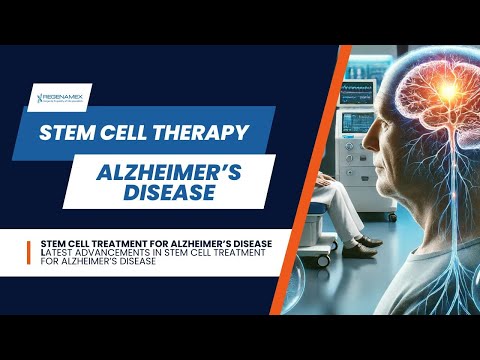“Exploring AI in Taiwan’s Healthcare System” features an interview with Dr. Hsu, a neurologist and director of an AI Center in Taiwan. Here’s a detailed breakdown of the key points:
1. **Introduction to Dr. HSu**: – Dr. HSu is a neurologist specializing in stroke, dementia, Parkinson’s disease, and migraines. He has a master’s degree in Electrical Engineering and a PhD in Chemical Engineering. – He has worked at the National Institutes of Health (NIH) in the US, focusing on medical AI, before returning to Taiwan to lead an AI center.
2. **Taiwan’s Healthcare System**: – Taiwan’s healthcare system is robust with over 21 years of electronic medical record (EMR) data, allowing for structured and comprehensive patient information. – Since 2003, the EMR system has recorded data from over 3 million people. A Big Data Center was established in 2015, and an AI Center followed in 2017 to leverage this data for AI model development and daily medical practice.
3. **AI Innovations and Tools**: – Dr. HSu’s AI Center has developed various AI tools approved by the US FDA and Taiwan FDA, including: – Medical imaging tools to identify stroke areas without contrast injection. – AI tools for medical signals, like detecting acute myocardial infarction in ambulances. – Natural language processing models for voice-based electronic medical records (EMR) systems for doctors and nurses. – Genetic AI tools for early disease identification.
4. **Addressing Healthcare Challenges**: – Taiwan’s healthcare system faces a shortage of doctors, especially in heavy-load departments like internal medicine, emergency, and pediatrics. – AI tools are used to alleviate the burden on doctors, improve efficiency, and reduce the time required for diagnosis and treatment.
5. **Cost Efficiency**: – Taiwan’s national health insurance system covers 99% of the population, with healthcare spending around 4-5% of GDP, much lower than other countries. – AI tools help in maintaining efficiency and quality of care despite lower spending.
6. **Emergency and Administrative Applications**: – AI is crucial in emergency situations, reducing the time from diagnosis to treatment (e.g., shortening door-to-balloon time for heart attack patients). – Voice recognition systems are employed to reduce administrative burdens, allowing doctors to use voice commands for structured EMR documentation.
7. **Future Prospects and AI Integration**: – AI is expected to reduce the manpower shortage in Taiwan, especially in long-term care for the aging population. – Telemedicine and AI tools will enhance healthcare delivery in remote areas. – AI systems are currently assistants, providing second opinions and aiding in diagnosis and treatment planning. The goal is to foster a collaborative environment between doctors and AI.
8. **Concerns and Acceptance**: – While AI offers significant benefits, some doctors are concerned about its impact on their roles and autonomy. – AI is trained to optimize patient outcomes and efficiency, rather than financial incentives.
9. **Future Collaborations**: – The interview concludes with a discussion about future visits and collaborations with international doctors to learn from Taiwan’s AI-driven healthcare innovations. This video provides a comprehensive understanding of how AI is integrated into Taiwan’s healthcare system, showcasing its potential to revolutionize medical practices and address challenges in the industry.














![Sharpen Your Mind & Slash Dementia Risk by 90%! (Free Masterclass) [Video]](https://neurosupportgiving.com/wp-content/uploads/2024/07/mp_239091_0_0jpg.jpg)



